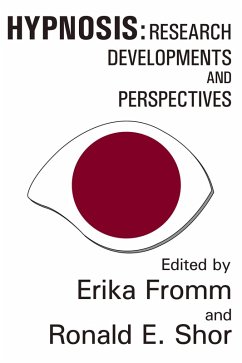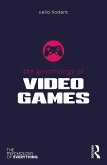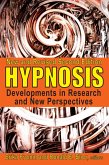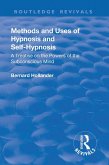The first two chapters (written by the editors) establish the current theoretical base of the field and review the historical background. Seventeen contributions focus directly on key aspects of present day hypnosis research. These contributions are organized as surveys of broad topic areas, descriptions in depth of individual investigator's programmatic lines of research, and reports on research within specific areas, especially those representing new viewpoints and holding promise for programmatic development. A final chapter develops questions for future research.
Offering an inclusive survey of the field from its historical inceptions to its current and predictive state, this book presents many new ideas while updating established positions in research and theory. The vital areas covered in connection with hypnosis include: psychophysiology, creativity, dreams, imagination, suggestibility, simulator controls, cognitive activity, and ego-psychological theory. In addition there are chapters on hypnosis as a research method, the measurement of altered states of consciousness, and hypnotic programming techniques in psychological experiments. Hypnosis: Research Developments and Perspectives is written for researchers in hypnosis and clinical practitioners in medicine and psychology. The book will serve as a basic text in all courses in hypnosis at the graduate level.
Dieser Download kann aus rechtlichen Gründen nur mit Rechnungsadresse in A, B, BG, CY, CZ, D, DK, EW, E, FIN, F, GR, HR, H, IRL, I, LT, L, LR, M, NL, PL, P, R, S, SLO, SK ausgeliefert werden.









